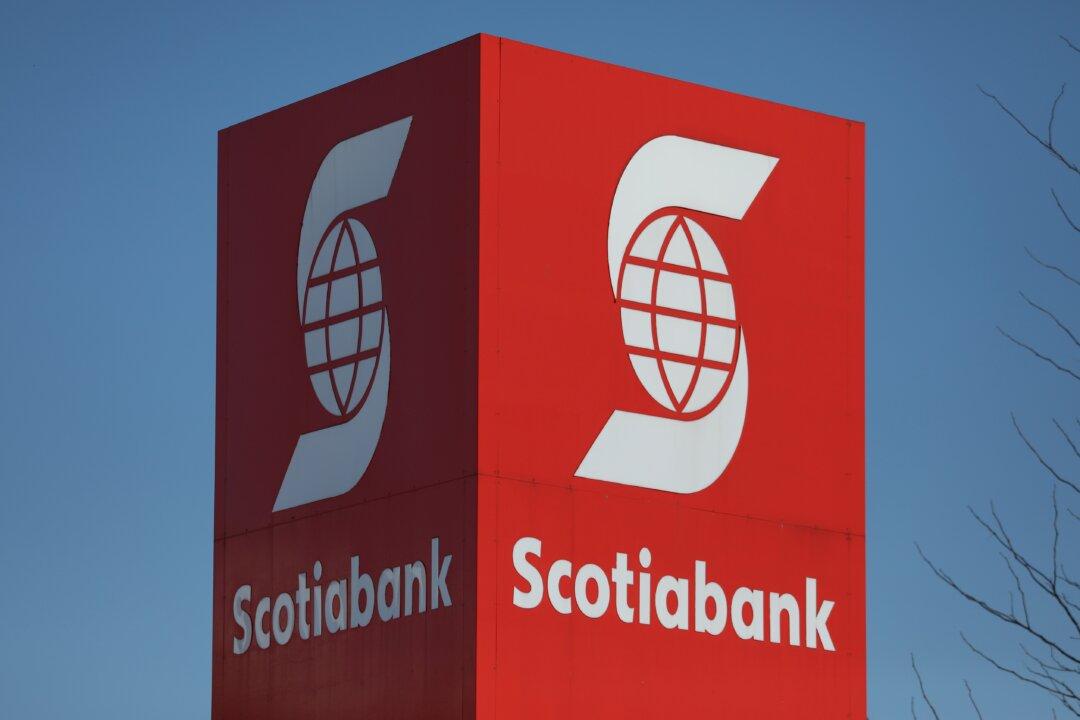Scotiabank has emerged as the latest Canadian bank to exit the UN-brokered climate finance alliance, following the exit of four other Canadian banks last week.
The bank’s departure from the Net-Zero Banking Alliance (NZBA) comes in the wake of the Toronto-Dominion Bank (TD), Bank of Montreal (BMO), Canadian Imperial Bank of Commerce (CIBC), and National Bank of Canada leaving the alliance Jan. 17.





